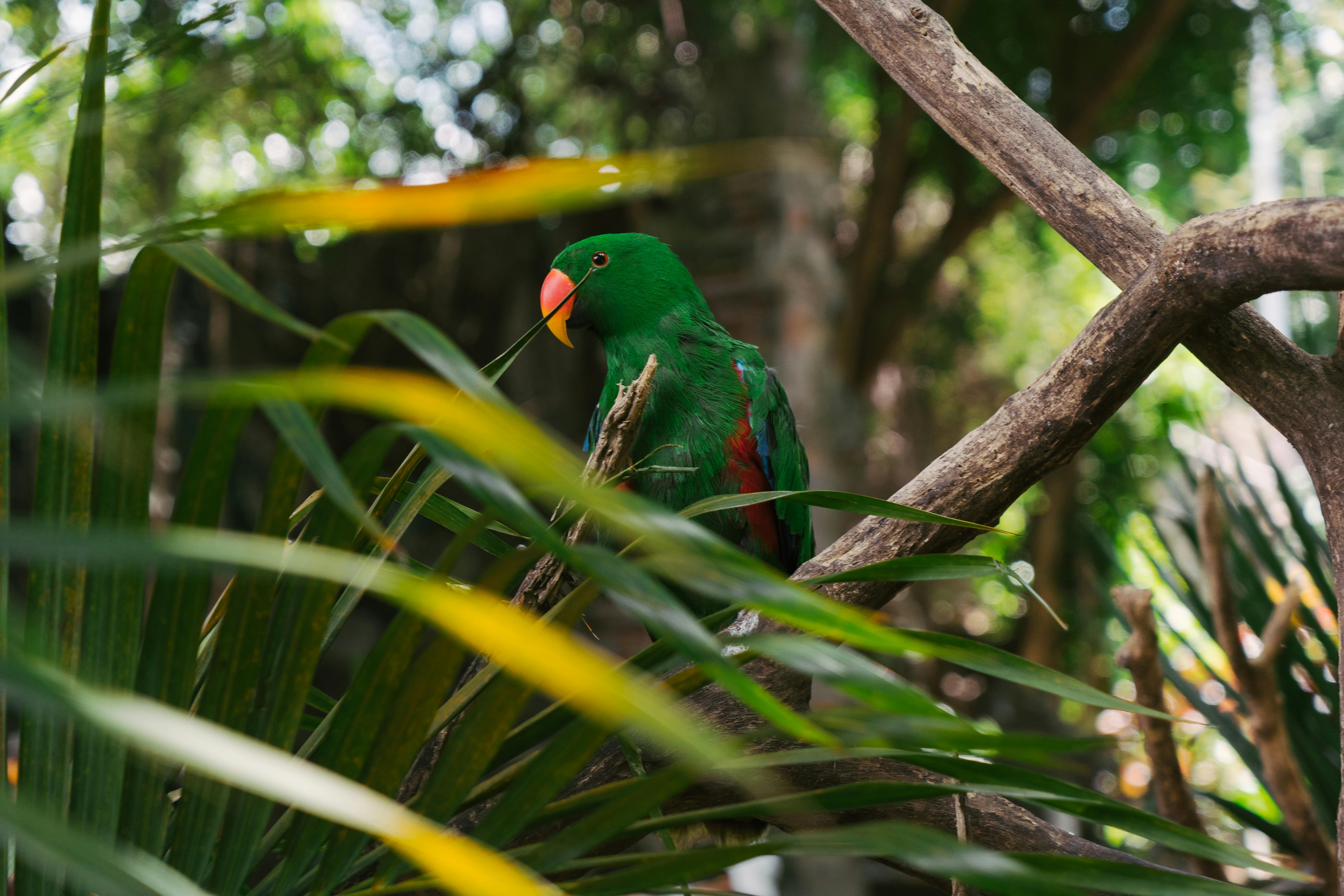Essential Guide to Caring for Naked Guinea Pigs in 2025


Understanding Naked Guinea Pigs and Their Care
The naked guinea pig, also known as the **hairless guinea pig**, is a unique companion for pet enthusiasts. These adorable **hairless pets** require specialized care to thrive, especially concerning their health and well-being. **Caring for guinea pigs** involves understanding their specific needs, including environmental requirements, nutrition, grooming, and social interactions. In this section, we will explore essential tips and tricks for maintaining a vibrant life for these affectionate pets.
Special Considerations for Hairless Guinea Pigs
**Hairless guinea pigs** differ from their short-haired and long-haired counterparts in several crucial ways. One primary aspect is their susceptibility to temperature changes, as they lack fur to regulate body heat. Therefore, it’s important to maintain a comfortable habitat, generally between 65°F to 75°F. In colder climates, fleece blankets can help keep them warm. Additionally, regular skin inspections for dryness or lesions are vital, and applying a veterinarian-recommended moisturizer can help prevent skin issues.
Creating a Comfortable Habitat
To ensure the health of your **naked guinea pig**, it's crucial to establish a suitable environment. Consider a spacious cage equipped with **guinea pig bedding** that is both comfortable and absorbent. Shredded paper and aspen are typically safe options. Include hiding spots and tunnels made of cardboard or natural materials to stimulate their senses and provide security. Furthermore, regular cleaning of the cage helps prevent odors and keeps your pets happy. Remember, a clean and cozy habitat is foundational for the well-being of these **exotic pets**.
Nutritional Needs of Naked Guinea Pigs
Nutrition is a key aspect of maintaining **guinea pig health**. Naked guinea pigs have specific dietary requirements due to their unique characteristics. A balanced **guinea pig diet** consists of high-quality hay, fresh vegetables, and vitamin C supplements, which are essential since guinea pigs cannot produce this vitamin naturally. Pellets are also noteworthy; ensure they are specifically formulated for guinea pigs and avoid those with seeds or nuts, which can be harmful. Regular monitoring of their food intake and adjusting serving sizes based on their individual needs is crucial for keeping them healthy and happy.
Grooming Tips for Naked Guinea Pigs
**Pet grooming** routines are especially important for maintaining the skin of **naked guinea pigs**. Unlike other breeds, they require different grooming practices that ensure their skin remains healthy and hydrated. Establishing a grooming routine fosters a bond between pet and owner while ensuring a healthy lifestyle.
Grooming Essentials and Products
Grooming **hairless guinea pigs** involves using gentle tools designed to care for sensitive skin. A soft washcloth or a fine-toothed comb can help remove any dirt or dead skin cells without causing irritation. It’s also beneficial to invest in **grooming products for guinea pigs** that are free from harsh chemicals or fragrances. Additionally, regular baths—ideally every few weeks—can keep the guinea pig's skin clean, though frequency may depend on the individual pet's needs and lifestyle.
Maintaining Hygiene
Regular maintenance of hygiene is essential to prevent skin diseases often associated with hairless pets. This includes cleaning their habitat frequently to mitigate the risks of infections and diseases. Providing a salt lick can also facilitate the maintenance of good health since it helps in mineral intake, which is vital for **guinea pig health checks**. Be attentive to their behavior and skin condition, and consult a veterinarian if you notice any signs of distress or illness.
Understanding Guinea Pig Behavior
Learning about **guinea pig behavior** is essential for pet owners. Naked guinea pigs can display various emotions and need social interactions. Regular handling helps them become accustomed to human presence, contributing to their socialization needs. Encourage interaction by observing their vocalizations and body language, which can often signal happiness, curiosity, or distress. Investing time in understanding your pet's unique character fosters a stronger bond and ensures a fulfilling relationship.
Social Needs of Naked Guinea Pigs
**Guinea pig socialization** is crucial, particularly for naked guinea pigs that thrive on interaction with both humans and their own species. Unlike solitary animals, guinea pigs are herd animals and tend to feel happier and less stressed when provided with companionship, whether through interaction or through the company of another guinea pig.
Adopting a Companion
When thinking of adopting a naked guinea pig, consider bringing in a second guinea pig for companionship. **Guinea pig adoption** can provide them with social integration, essential for their emotional well-being. Pairing them with a compatible cavy can mitigate feelings of loneliness and improve overall happiness. Ensure introductions are gradual to avoid territorial disputes, typical when introducing a new pet.
Interactive Play and Exercises
Developing an interactive play schedule is beneficial for your guinea pig. Engage with your pet through tunnels, toys, and safe objects that encourage exploration. Establish a routine that incorporates both structured exercise and free-play. The inclusion of various **guinea pig toys** will not only enhance mental stimulation but also help maintain their physical health. This routine can include providing objects for chewing, climbing, and hiding to satisfy their instinctual behaviors.
Key Takeaways
- Understanding the unique care requirements of naked guinea pigs, such as temperature control and grooming.
- Providing a well-maintained habitat and appropriate diet to ensure their health.
- Encouraging social interactions and exercise to enhance their quality of life.
- Grooming routine is essential for skin health, customization may depend on individual needs.
FAQ
1. What makes naked guinea pigs different from other breeds?
Naked guinea pigs are distinguished by their lack of fur, which makes them unique within the **guinea pig breeds** community. Their modest coats come with specific challenges, including skin care and the necessity to regulate body heat. As such, they require specialized **pet care** compared to their furry counterparts.
2. How should I feed my naked guinea pig?
Feeding a naked guinea pig involves offering a balanced diet with an emphasis on fresh hay, veggies, and a limited amount of pellets. Ensure the pellets are specially formulated for guinea pigs, as regular rodent food may lack required nutrients, especially **vitamin C**.
3. What are the signs of a healthy guinea pig?
Healthy naked guinea pigs exhibit bright eyes, clean skin, social behaviors, and activity levels during playtime. Monitoring their diet and drinking habits is critical. Watch for signs of **stress in guinea pigs**, such as grooming issues or lethargy, as these indicate potential health problems.
4. Do naked guinea pigs require more medical care than hairy ones?
While all guinea pigs require routine health checks, naked guinea pigs may have unique medical needs attributable to their skin condition. Regular check-ups are advisable to ensure their skin remains healthy and free of conditions. Consult your veterinarian for specialized care tips and recommendations.
5. How often should I groom my naked guinea pig?
Grooming frequency may vary with individual pets, but naked guinea pigs should generally be groomed every two weeks or more depending on their skin condition. Regular cleaning helps to prevent skin issues and maintains overall hygiene.
